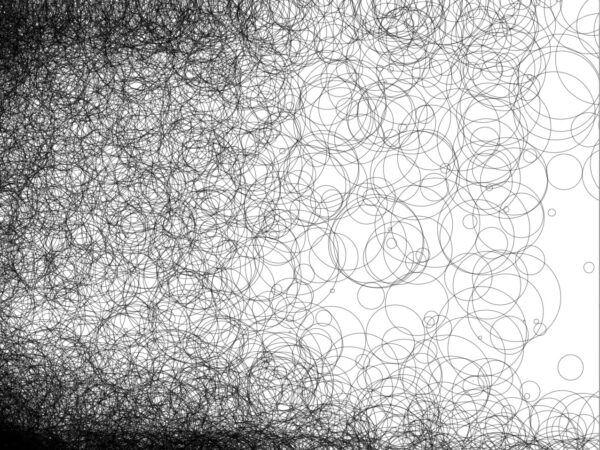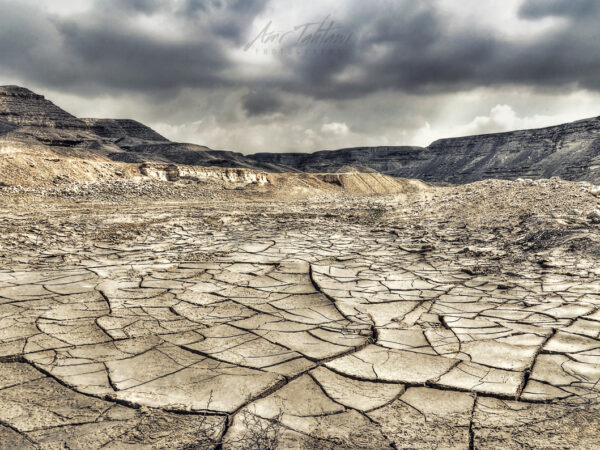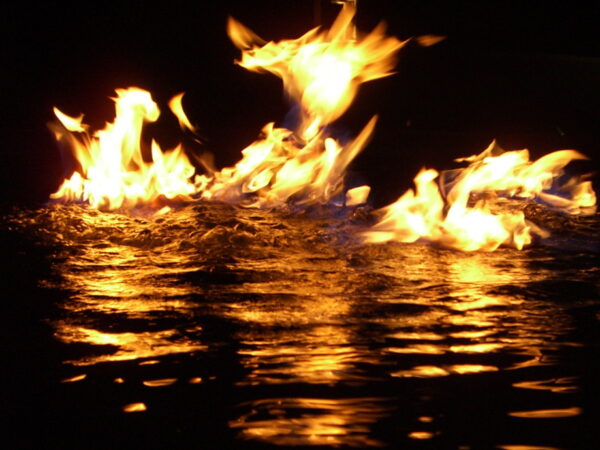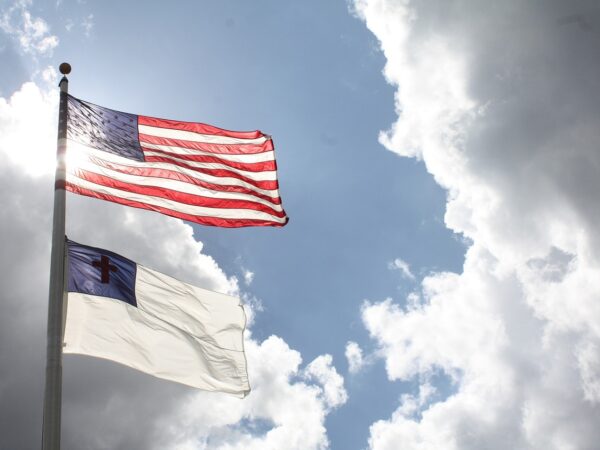
The unity embodied in this psalm is idealistic, imaginative, and radical, embodying fluidity. It disrupts the exclusivist notion of nationalism common in its contemporary literature and embraces unity, which is symbolized as inherently good and pleasant.

Fifty years after the publication of Gustavo Gutiérrez’s A Theology of Liberation, what, if any, relevance does Christian liberation theology and Gutiérrez’s work have for our present moment? Do we still have a memory of a liberating God? And if not, is there a liberative power in grappling with the absence of this memory?

In an era of systemic collapse, we need radical ecowomanist theory for survival and liberation.

Reconsider the concept of change in your spiritual journey.

Max Strassfeld’s groundbreaking Trans Talmud: Androgynes and Eunuchs in Rabbinic Literature is a masterclass in denaturalizing oppressive structures. As political backlash against trans folk continues its deadly escalation, Trans Talmud is a crucial intervention in both scholarly and explicitly political domains.






